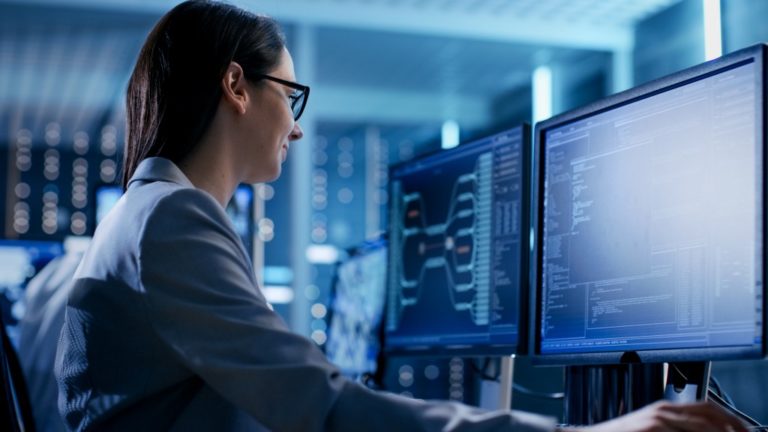The digestive system is a series of organs responsible for turning food into the nutrients our bodies need. Here’s a basic overview of the digestive system, including its function and some common problems that can affect it.
The Digestive System 101
The digestive system comprises three main parts: the gastrointestinal tract, the liver, and the pancreas.
GI Tract
The gastrointestinal (GI) tract is a long tube that starts from the mouth and ends at the rectum. As food moves through the GI tract, it is broken down into smaller and smaller pieces until it can be absorbed into the bloodstream. The GI tract comprises several organs, including the esophagus, stomach, and small and large intestines.
Liver
The liver is a large organ located in the upper right-hand side of the abdomen. The liver has many vital functions, but in terms of digestion, it produces bile. Bile is a yellowish-green liquid that helps break down fats in the small intestine.
Pancreas
The pancreas is a long, flat gland located behind the stomach. The pancreas produces enzymes that help break down carbohydrates, proteins, and fats in the small intestine.
Common Digestive Problems
Many different problems can affect the digestive system. Some of the more common ones include:
Heartburn
Heartburn is a burning sensation when acid from the stomach rises into the esophagus. Heartburn is also known as gastroesophageal reflux disease (GERD).
Indigestion
Indigestion is a general term to describe discomfort or pain in the upper abdomen. Gas, food sensitivities, or other problems with digestion can cause it.
Ulcers
Ulcers are open sores that form on mucous membranes in the GI tract. Stress, certain medications, or infection with Helicobacter pylori bacteria can cause ulcers.
Irritable Bowel Syndrome (IBS)
IBS is a condition that affects the large intestine and causes symptoms like abdominal pain, bloating, diarrhea, and constipation. IBS can be triggered by stress or other psychological factors.

The digestive system breaks down food so the body can absorb nutrients. It has various parts that work harmoniously to carry out this critical function. However, it’s also susceptible to various diseases. Thankfully, there are ways you can keep your digestive system healthy. Here are three tips:
Healthy Diet
What you eat can affect your digestive health. A balanced diet with fiber-rich foods like fruits, vegetables, and whole grains can help keep your digestive system running smoothly.
Regular Exercise
Exercise can also help promote good digestion. Regular physical activity helps move food through the intestines and keeps the circulatory and lymphatic systems healthy. It can also reduce stress, a common cause of IBS and other digestive problems.
Good Hygiene
Proper hygiene is also essential for preventing digestive issues. This includes washing your hands thoroughly after using the bathroom, handling raw meat, or coming into contact with other people who may be sick.
By following these tips, you can maintain optimal digestive health and prevent the common ailments indicated above. Additionally, consider using technology in dealing with these diseases. Here’s how technology can help you and your digestive system.
Diagnosing Digestive Issues
In the past, diagnosing digestive issues was a guessing game. Doctors would take a patient’s history and symptoms and then try to come up with the best guess as to what was going on. But thanks to advances in medical technology, people can now have a look into the digestive tract. Endoscopy is one of those ways. It looks into the body using a small, flexible camera that can help diagnose problems such as ulcers and GERD. It’s one of the best ways to get your GI tract checked.
Treating Digestive Issues
Once upon a time, the only way to treat most digestive issues was with medication or surgery. But thanks to technology, people now have other options. For example, endoscopic procedures can treat conditions like GERD (gastroesophageal reflux disease) and Barrett’s esophagus. And minimally invasive surgery can treat conditions like hernias, polyps, and gallstones without traditional open surgery.
Preventing Digestive Issues
In addition to diagnosing and treating digestive issues, technology is also helping us prevent them in the first place. For example, screening tests can now be used to detect conditions like colorectal cancer in people at high risk. And there are new surgical techniques that can remove precancerous polyps before they become cancer.
By taking advantage of technology, medical experts can treat and prevent digestive issues and better understand our bodies and how they work. Whether it’s through advanced diagnostic techniques or minimally invasive surgical procedures, there are many ways in which technology can help keep the digestive system healthy and functional.

















